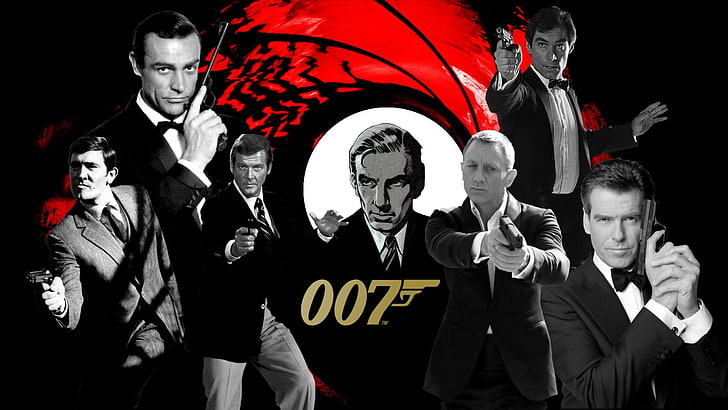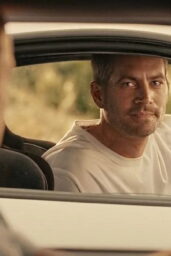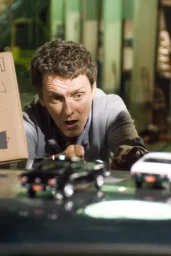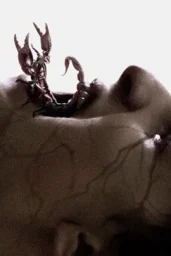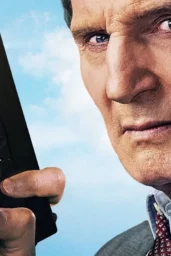The James Bond franchise, a cinematic titan of espionage, glamor, and relentless reinvention, faces a period of profound uncertainty. Robert Wade, who, alongside Neil Purvis, co-wrote the last seven Bond films, is hinting at his departure from the iconic series. Wade recently shared these insights while preparing for a career retrospective talk in Sussex, where he discussed his contributions to a franchise that has spanned decades.
From the critical heights of Casino Royale and Skyfall to the more divisive reception of entries like Quantum of Solace, Wade and Purvis have been integral to shaping the modern Bond narrative. Their scripts infused emotional depth, a reflection of a post-Cold War world grappling with moral ambiguities. Yet, in his latest remarks, Wade expressed satisfaction with his legacy:
“I'm very happy with what we have done, and I will be very interested to see what happens next, but I'm proud of having been involved.”
These words seem to confirm that Wade's tenure with Bond may have concluded, marking the end of an era for the franchise.
Creative Gridlock: The Franchise's Crossroads
The future of James Bond lies shrouded in creative uncertainty. While several drafts of the next installment have reportedly been penned, insiders suggest that key decision-makers—Barbara Broccoli and Amazon/MGM's Jen Salke—are at an impasse over the creative direction. Will the next Bond story retain the psychological complexity introduced in Skyfall? Or will it pivot towards a fresh, more experimental vision?
Barbara Broccoli, known for her steadfast guardianship of the franchise, faces mounting pressure to innovate. With Amazon's acquisition of MGM, Bond is now part of a corporate behemoth whose priorities might clash with the creative independence Broccoli has fiercely protected. Some speculate a potential shift in stewardship if these creative differences persist, raising questions about the franchise's identity and trajectory.
A Legacy Worth Revisiting
What makes Wade's potential departure particularly poignant is the richness he brought to the Bond canon. Casino Royale (2006) is a high-water mark, reintroducing audiences to a vulnerable, visceral Bond. Daniel Craig's performance, paired with Wade and Purvis's gritty narrative, elevated the series from escapist thrills to existential drama.
Then came Skyfall (2012), a critical and commercial juggernaut. With its poetic musings on mortality and loyalty, it pushed Bond into uncharted emotional territory. Wade and Purvis demonstrated an uncanny ability to balance blockbuster spectacle with thematic depth—a hallmark of their best work.
However, not all entries landed as well. Spectre (2015) and Quantum of Solace (2008) suffered from uneven pacing and convoluted plots, leaving audiences divided. Still, even in their weakest moments, Wade and Purvis maintained a reverence for Bond's legacy while experimenting with its possibilities.
Conclusion: What Lies Ahead?
As the James Bond franchise stands at the precipice of reinvention, the absence of Robert Wade's steady hand will undoubtedly be felt. Whether Bond's next chapter steers toward continuity or reinvention, one thing is certain: it must adapt to resonate with a new generation while honoring the traditions that made it iconic.
In cinema, as in life, reinvention is inevitable. For fans and creators alike, the lingering question is: What will James Bond mean in a world reshaped by global uncertainty and evolving cultural narratives?
Personal Impressions
Robert Wade's contributions to the Bond series are nothing short of remarkable. His ability to weave gravitas and humanity into the fabric of an action-packed franchise elevated Bond from a relic of the Cold War into a mirror of modern sensibilities. It's hard not to feel a pang of loss at the thought of his departure.
That said, change could herald new opportunities. Perhaps a fresh perspective will reinvigorate the franchise, just as Daniel Craig's debut did in 2006. But the creative team must tread carefully. Bond's allure lies not just in his suave demeanor or explosive gadgets, but in his vulnerability, his fallibility—qualities Wade and Purvis understood deeply.
What direction do you think the James Bond franchise should take next? Should it stay rooted in its emotional realism or embrace a more fantastical approach?

